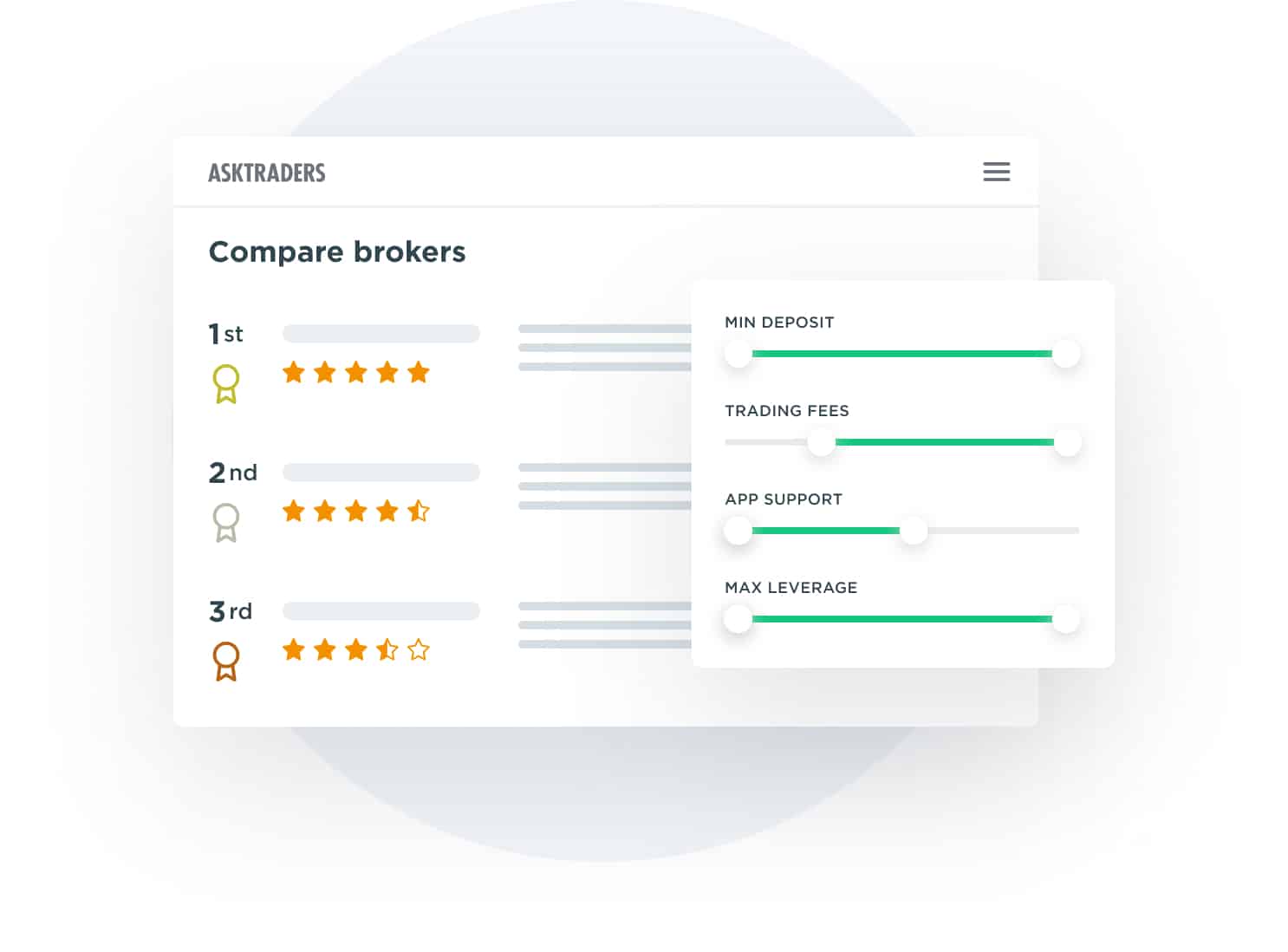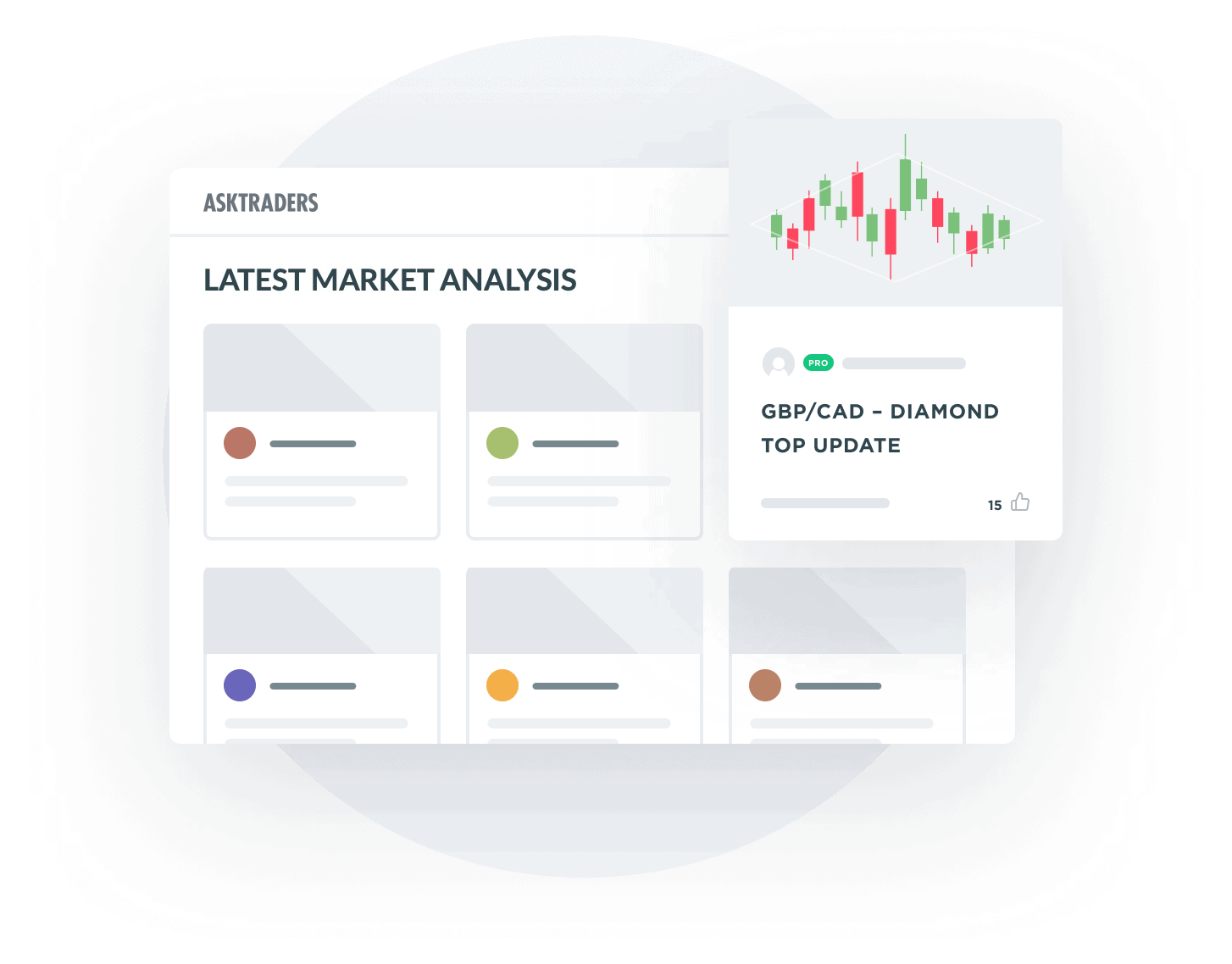Are you someone with little or no experience trading??

Compare brokers rated & reviewed by traders
Save hours of research with our broker comparison and reviews. Our market professionals review all the key features for you.
Learn strategies, risk management & more
Whatever your level of experience our education section is the ideal place to improve your trading knowledge and skills.


DISCUSS YOUR JOURNEY IN OUR ONLINE COMMUNITY
Sharing your experiences is a great way to learn and improve. Our community includes traders of all skill levels and age groups.
TRADE USING MARKET ANALYSIS
Make your own trading decisions through our market analysis. Our team of traders is constantly scanning the markets.


Meet the Asktraders team of industry experts
Meet our team of highly experienced market professionals. We only featured seasoned professionals so we can bring you the best content.*
*No information, nor financial advice related to online trading is offered through contact.
Top 5 Forex Brokers:
Top 5 Crypto Brokers:
Top 5 Stocks Brokers:
Learn the secrets of successful trading, all you need to do is AskTraders!
I am new to trading, what is the difference between spread-betting and CFDs?
When it comes to CFD and spread-betting they are very much alike but with one main difference. The first is the difference in the taxes paid on any potential profits made. There is no stamp duty to be paid on either of the accounts, but CFD’s are liable for capital gains tax. So if you do profit from your CFD trading then you will need to account for that. Spread-betting, on the other hand, is different. It is not liable for capital gains tax. One other difference you will need to note is the countries in which you can open a spread betting or CFD account...
Replied by

